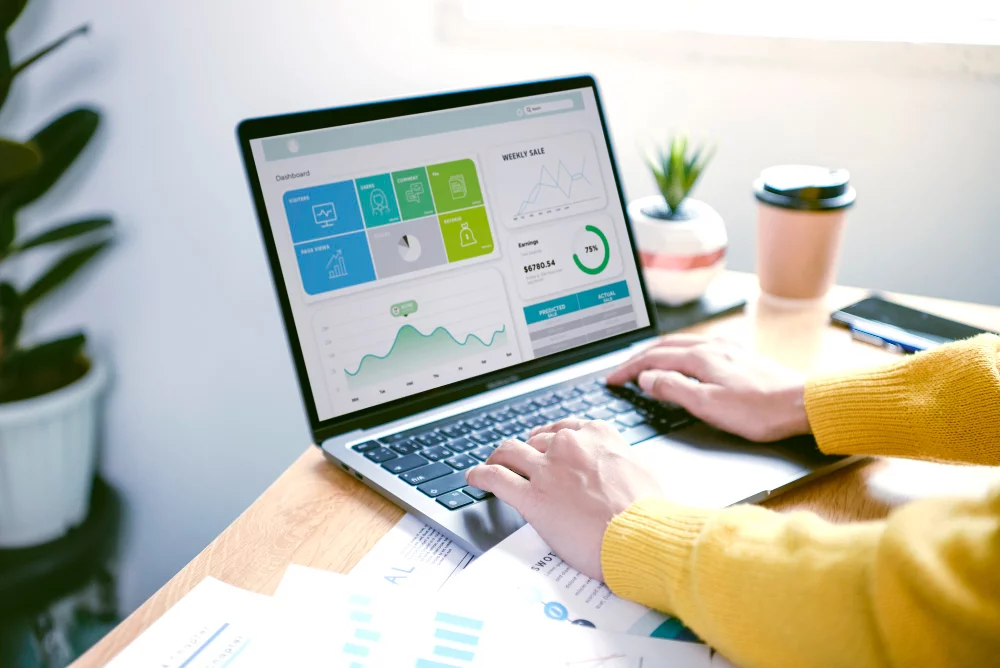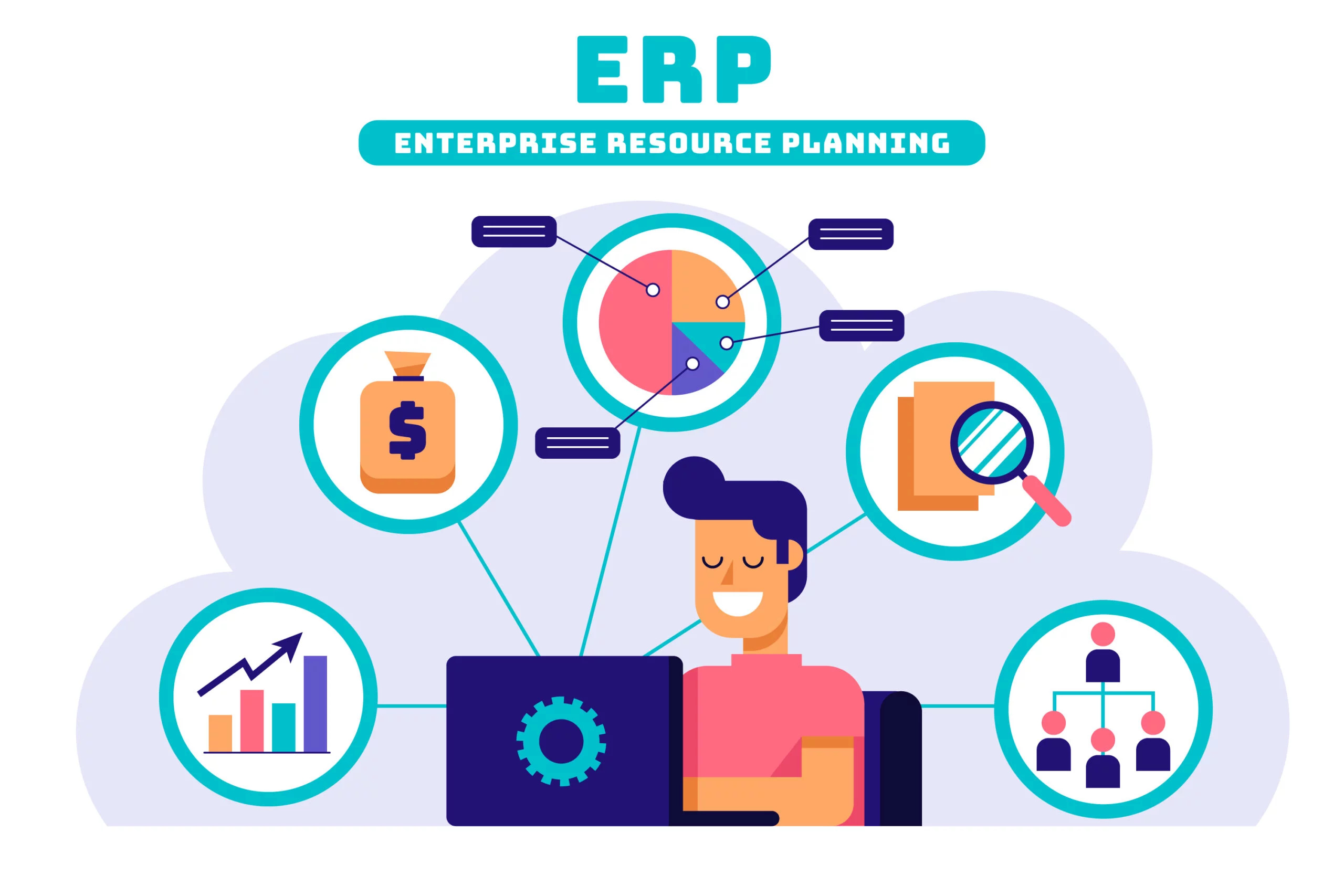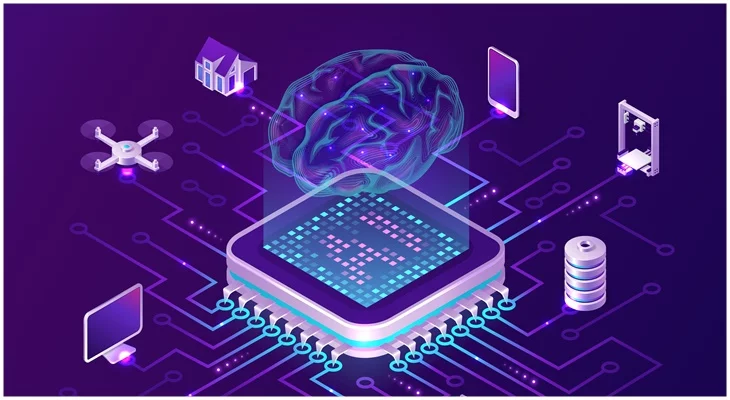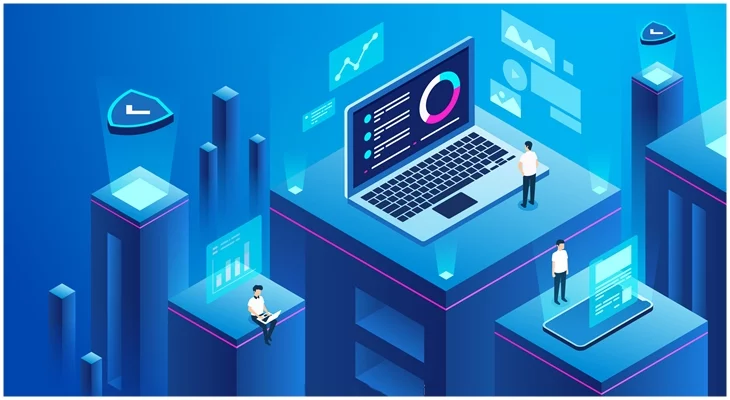Many modern businesses must constantly be on top of their game regarding business efficiency and operational management to dominate their respective industry. It's no wonder that many companies invest in various business solutions to address these particular points. In this regard, Enterprise Resource Planning (ERP) and Customer Relationship Management (CRM) are two crucial systems of efficiency and customer-centricity in the modern business operations landscape.
To give a broad overview, ERP serves as the backbone for managing diverse business functions and resources, while CRM focuses on nurturing and enhancing customer interactions. These two represent strategic approaches that empower businesses to thrive in a competitive market. By understanding their interconnections and the impacts of ERP on CRM, organizations can harness their combined potential to revolutionize customer engagement and operational excellence.
Interconnection of ERP and CRM
The relationship between ERP and CRM lies in their complementary functionalities. ERP systems integrate data and processes across various departments, from finance to production and supply chain management. This interconnectedness fosters a holistic view of a company's operations, which includes customer relations, and enables efficient resource allocation and optimization throughout the organization.
Meanwhile, CRM systems are designed to manage customer interactions, sales, and service. These systems gather insights into customer preferences and behaviour, empowering businesses to tailor offerings and improve customer satisfaction. Any data collected within the CRM system is then shared across the greater whole through the ERP platform. This allows seamless data integration between both ERP and CRM, streamlining the workflow and offering a unified interface for everyone involved.
The Impacts of ERP on CRM
Centralized Data Management
In the realm of modern business, information is power. Enterprise resource planning systems consolidate data from diverse business functions into a centralized repository. This consolidation eliminates data silos, ensuring that departments share accurate and consistent information. For CRM, this translates into a wealth of insights to create personalized customer experiences. A comprehensive view of customer interactions, purchase history, and preferences empowers sales and service teams to offer customized solutions and nurture lasting customer relationships.
Beyond customer interactions, centralized data management also streamlines internal processes. A seamless flow of information from ERP to CRM enhances order processing, reduces errors, and promotes collaborative decision-making across departments, thus increasing efficiency and customer satisfaction.
Process Automation
Manual processes are time-consuming and prone to errors. ERP systems introduce automation to routine tasks, freeing human resources to focus on value-added activities. When integrated with CRM, the impact is twofold. Automation expedites order processing and issue resolution, resulting in shorter response times and improved customer satisfaction. Furthermore, the accuracy achieved through automation ensures that customer data remains up-to-date and consistent, enhancing the integrity of CRM databases.
Automation also plays a pivotal role in data synchronization between ERP and CRM systems. As customer data is updated in one system, it seamlessly reflects in the other, eliminating discrepancies and ensuring that both teams operate with a shared understanding of customer information. This harmony in data exchange is essential for accurate forecasting, personalized marketing campaigns, and effective cross-selling or upselling strategies, all of which ultimately contribute to superior customer experiences.
Real-time Insights
The digital age demands real-time decision-making, and ERP systems are adept at providing instantaneous access to critical business data. By extension, CRM benefits from this agility by obtaining up-to-the-minute insights into customer behaviours and market trends. As ERP integrates data from various touchpoints, CRM professionals gain an accurate picture of customer preferences, enabling them to tailor marketing initiatives, design relevant promotions, and anticipate changing demands.
Real-time insights enable CRM teams to respond promptly to customer inquiries and feedback. Whether it's resolving issues, addressing concerns, or capitalizing on emerging opportunities, the ability to act swiftly and proactively enhances customer engagement.
Enhanced Customer Service
ERP's impact on CRM is transformative in a landscape where customer loyalty hinges on exceptional experiences. ERP systems contribute to a comprehensive customer profile encompassing transactional history, communication preferences, past interactions, and feedback. With this holistic view, CRM teams can foster a personalized customer journey, addressing needs and preferences before customers articulate them.
Efficient Inventory Management
Effective inventory management is pivotal for delivering on promises and minimizing operational hiccups. ERP systems excel in optimizing inventory control and maintaining the right balance between supply and demand. This synchronization resonates deeply with CRM, ensuring customer orders are met promptly and stockouts are mitigated. This shows the profound impact that CRM has in promoting efficient inventory management. As a result, customers encounter fewer delays and disruptions, leading to positive experiences and increased brand loyalty.
Choosing the Right ERP for CRM
The symbiotic relationship between ERP and CRM hinges on choosing the right ERP solution that complements CRM goals. Factors such as scalability, integration capabilities, industry specialization, and user-friendliness come into play.
For instance, a retail business may benefit from an ERP with solid inventory management modules that seamlessly sync with CRM data for exceptional customer experiences. Conversely, a service-based company might prioritize an ERP that enhances project management and resource allocation to support CRM's service delivery aspects.
Selecting the right ERP solution is a pivotal decision that shapes a company's operational efficiency and customer interactions. By aligning ERP capabilities with CRM strategies, businesses can unlock the full potential of streamlined processes and customer-centricity.
Consider your unique business needs and CRM goals as you evaluate ERP options. The synergy between these systems can elevate customer experiences, drive growth, and establish your brand as a customer-centric leader in your industry.
You may also like to read:
Cloud ERP For Digital Transformation: How It Helps Companies Transform






